Humza Yousaf on Monday (27) became the first Muslim to be elected as a national leader in any western democracy, five months after Sunak walked into Downing Street as the UK’s first Asian and Hindu prime minister.
A prominent Asian parliamentarian told Eastern Eye on Tuesday (28) that both appointments showed the vast majority of the UK were “accepting and respectful of multicultural diversity and embraced it”.
However, their views on Asian leaders could be shaped by how Sunak and Yousaf perform, the source said.
“There is a big responsibility on both Rishi Sunak and Humza Yousaf that they don't leave any reason for people to criticise them, not necessarily for their policies, which is something people have different views about, but a responsibility to make sure people next time round don't say, ‘well, actually, we did give full opportunity to these individuals and they didn't perform to the best of their abilities’.
“I think that's all we ask for - that they do perform to the best of their abilities,” the parliamentarian said.
“For those who want to craft a narrative that Britain doesn't have barriers and the idea that ‘we've given British Asians a chance’, if they (Sunak and Yousaf) don't meet the mark, there's always a possibility that that will reflect badly on those coming after them,” the source added.
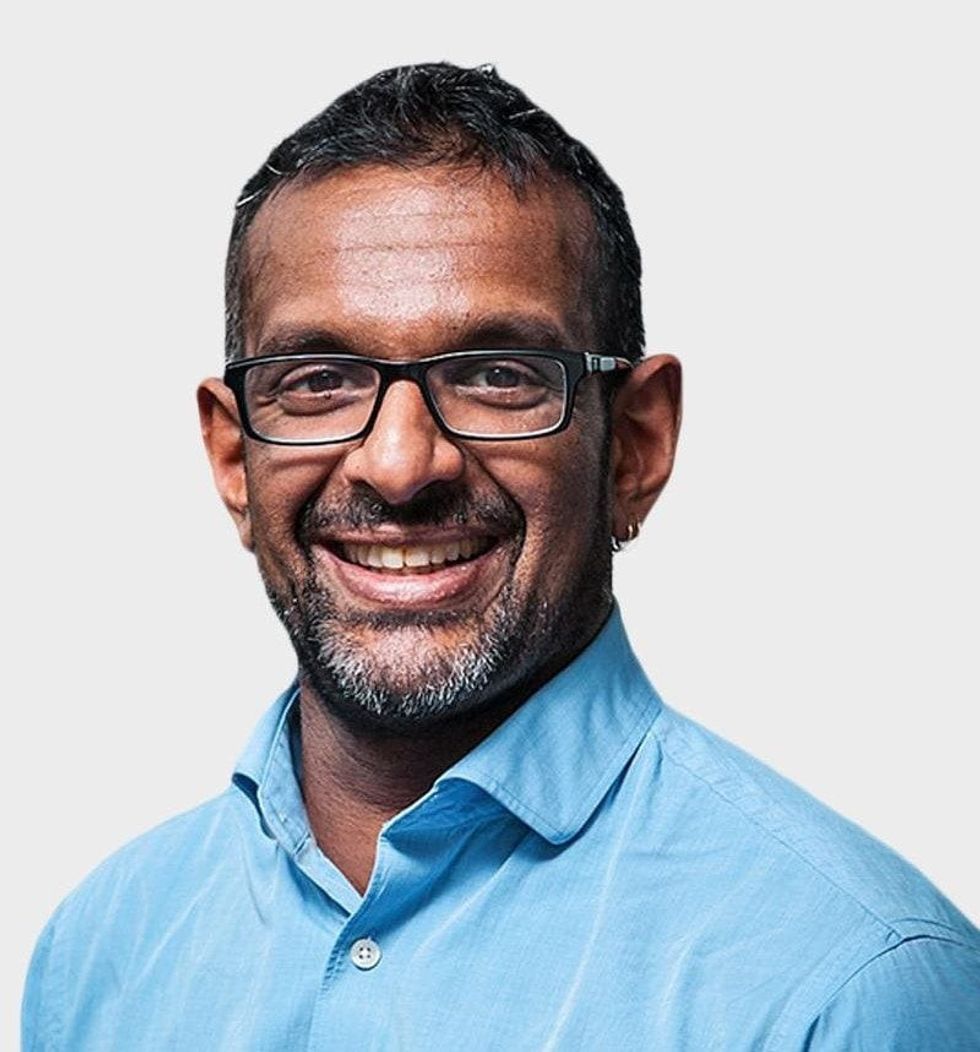
Anand Menon, a professor of European politics and foreign affairs at King's College London, agreed that politicians such as Sunak, Yousaf, London mayor Sadiq Khan, home secretary Suella Braverman and her predecessor Priti Patel all have a responsibility to the next generations of British Asians who will view them as role models.
“All I can say is, ‘my God, I wish this was the case when I was a kid’.
“I just look around now and see the number of Asians in politicians on the telly. That wasn't there when I was a kid and I think it would have been psychologically quite important to me as a kid,” said Menon.
His sentiments were echoed by the parliamentarian, who grew up in the UK in the 1970s-1980s and said watching two men of south Asian heritage leading the UK is “beyond anything I could have imagined”.
“Many of us growing up in the UK, particularly the 1970s and an 1980s, being openly called P***, being looking down upon, discriminated against and not having the opportunities, seeing this change and the real breaking of the glass ceiling goes beyond anything that I imagined would happen in a span of 50 years,” they said.
“It’s exceeded any of the expectations we may have had, but that also means that we've got even more responsibility to make sure a we don't go backwards and that we continue to make progress and spur us on to try to help others achieve their potential like Sunak and Yousaf have.”
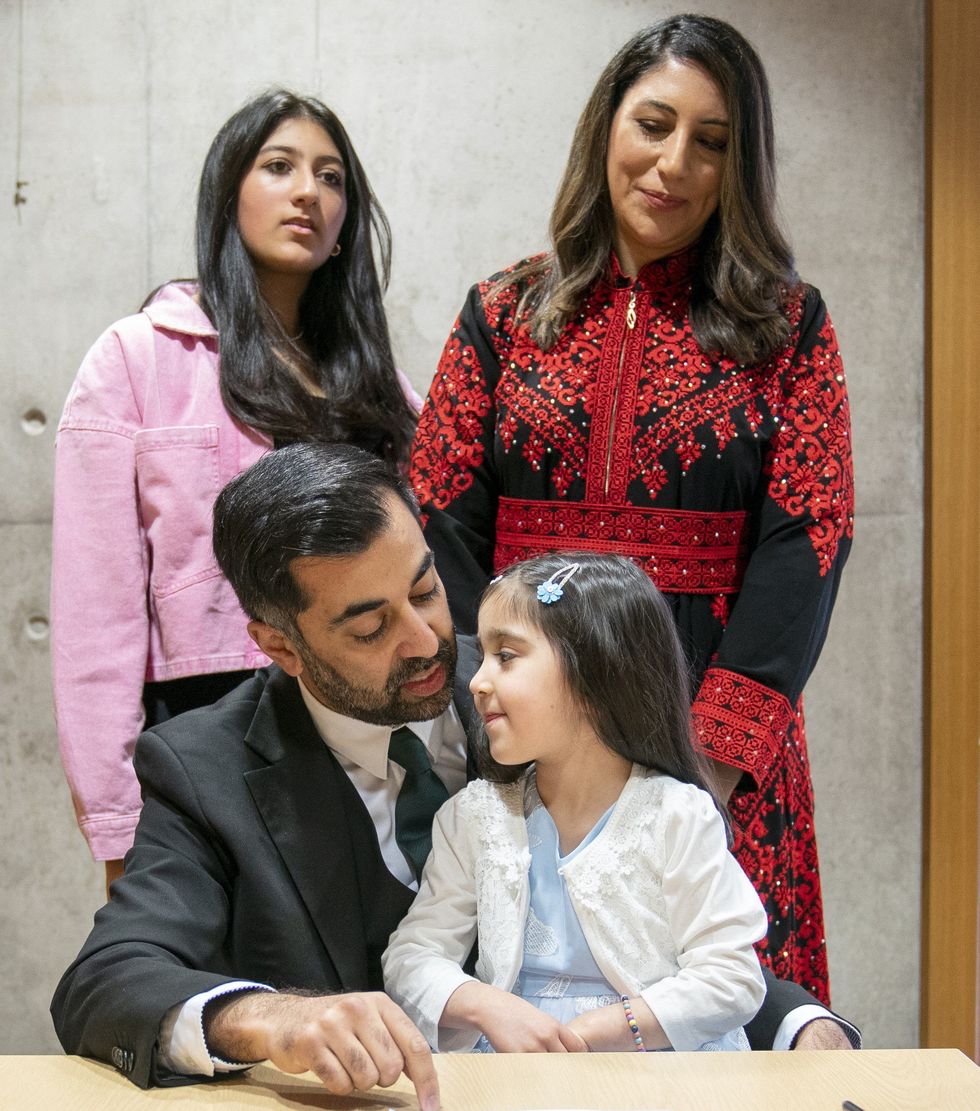
Menon said, “I think society has changed. It’s becomes paradoxically less important because Asians are less insecure and need it less. But I do think these things matter an awful lot. Having people who look like you - in these positions - matters enormously.”
He believes the general public’s reaction to having a British Asian prime minister and Scottish first minister shows the nation is accepting of ethnic minority leaders.
“Symbolically, it's important, but what’s amazing is how little we've talked about having an Asian prime minister,” said Menon.
“In general, it’s been just a very British sort of shrug and ‘big whoop, we've got an Asian in charge’. It's not been about identity. It's about interest.
"The thing that kicked off with Sunak isn't the fact that he's an Indian, it's the fact that he had a green card and might have paid taxes in the US. I think that's a very important difference.
"The public are quite attuned to conflicts of interest and loyalty. We’ve grown up a bit, it's no longer an issue about race.
“It is ultimately the sign of something good, that it's not a big deal. If this happened in France, they'd go about it for months - you’d get fed up of it. Whereas here, it's like, ‘okay, fine’. And this lack of outcry about it is most striking for me.”
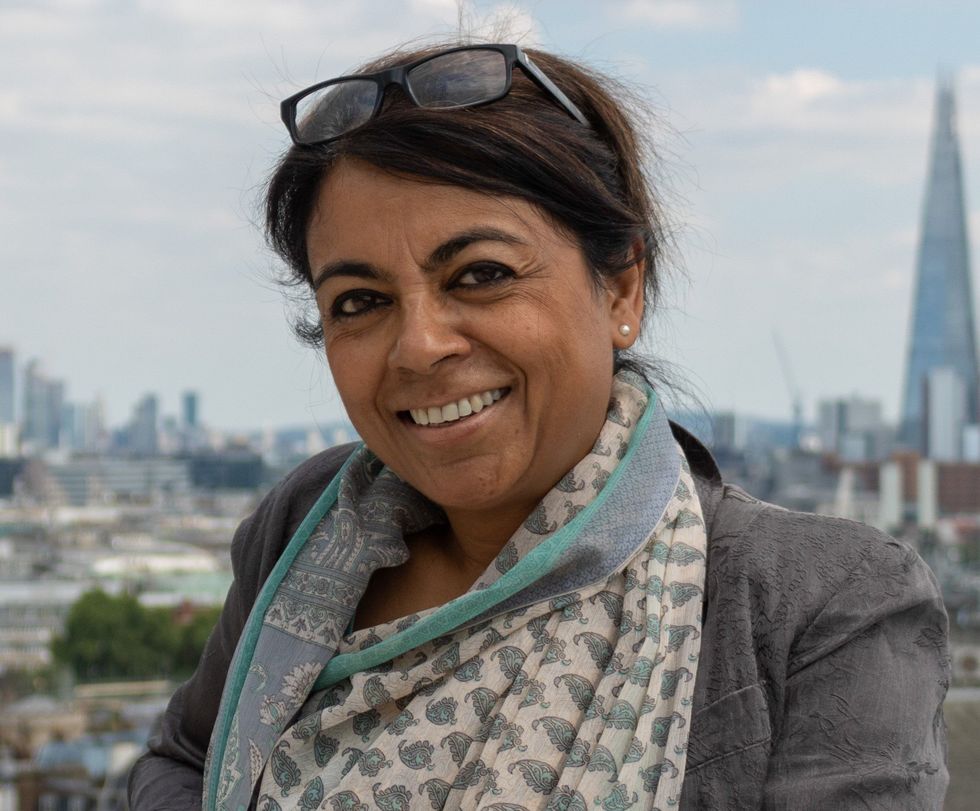
The director of British Future think-tank, Sunder Katwala, writes in Eastern Eye this week, said Yousaf’s achievement is remarkable given Scotland population remains around 94-95 per cent white.
“That he is the first Muslim to be elected as a national leader in any western democracy, in Europe or beyond is a breakthrough moment that should resonate well beyond Scotland,” said Katwala.
In his acceptance speech, Yousaf paid tribute to his grandparents, who could not speak English when they migrated from Pakistan’s Punjab to the UK 60 years ago, saying they “could not have imagined their grandson would one day be on the cusp of being the next first minister of Scotland.
His grandfather Muhammad worked in the Singer Sewing Machine Factory in Clydebank in the 1960s, he revealed.
“We should all take pride in the fact that today we have sent a clear message, that your colour of skin, your faith, is not a barrier to leading the country we all call home,” Yousaf said, adding it drives his commitment to equality.
Dr Mukulika Banerjee, associate professor of anthropology at the London School of Economics told Eastern Eye countries around the world can learn from the UK.
“The election of Humza Yousuf as the next leader of the SNP holds several lessons for democracies everywhere, but specially India,” she said.
“While his Pakistani Muslim heritage was recognised, this was never a significant issue in the race. His record as a minister and alignment with the outgoing leader Nicola Sturgeon’s position on issues were discussed, instead.
"This is a testament to how British politics works. Diversity is welcome and given a seat at the table to reflect the population they seek to govern.
“[It is] A far cry from India where among the 303 Bharatiya Janata Party (BJP) MPs in the Lok Sabha (India’s lower house of parliament) not a single one is Muslim even though they form 14 per cent of the population. British Asians (of Pakistani, Bangladeshi and Indian heritage) together account for fewer than 10 per cent of the UK population.”
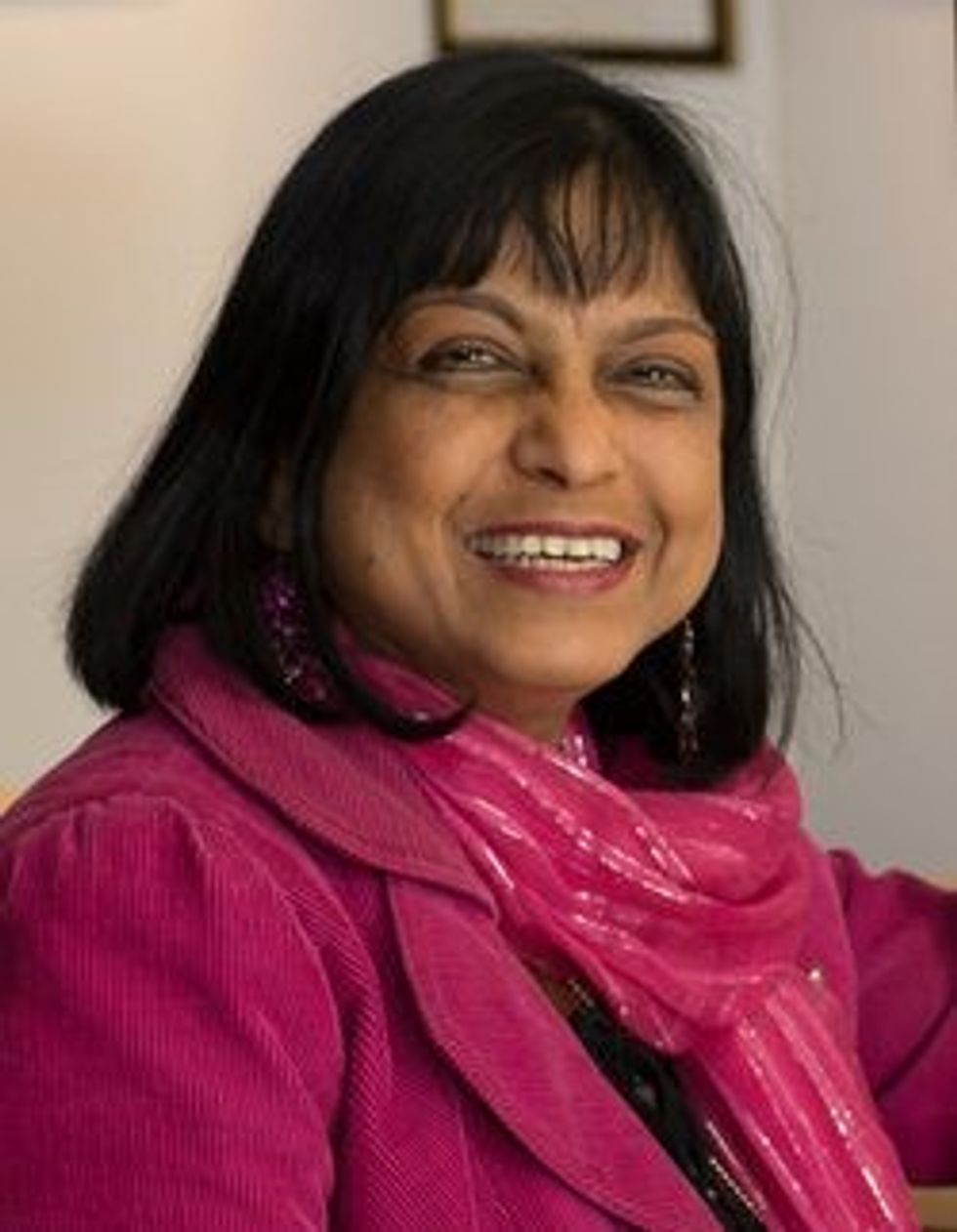
Dr Bashabi Fraser, a professor at Napier University, and director, Scottish Centre of Tagore Studies, told Eastern Eye, “This is an important moment for Scotland. But religion had very little to do with the contest. Those who know Humza speak well of him. They say he is very approachable. He won because he has a more experience than the other two candidates. He's done a number of important jobs. But he will find that Nicola Sturegon is a hard act to follow.”
Yousaf, who was health minister in former Scottish National Party minister, Nicola Sturgeon's last cabinet, narrowly topped the SNP leadership contest with 52 per cent of members' preferentially ranked votes. He now faces a bigger challenge to win over the wider Scottish electorate, with a UK general election expected within the next 18 months.
Monojit Chatterji, a professor of economics at Cambridge University, has lived most of his adult life in Scotland and said Yousaf faces a difficult task in uniting the country.
“As justice secretary he led and championed the passing of the controversial hate crime act, which was questioned by many in civic society. It did not raise Yousaf’s standing or credibility outside his own party. And he will need that credibility if he is to lead the nation, not just his own party. Let us not forget that even within his own party he did not get 50 per cent of the vote in the first ballot,” Chatterrji told Eastern Eye.
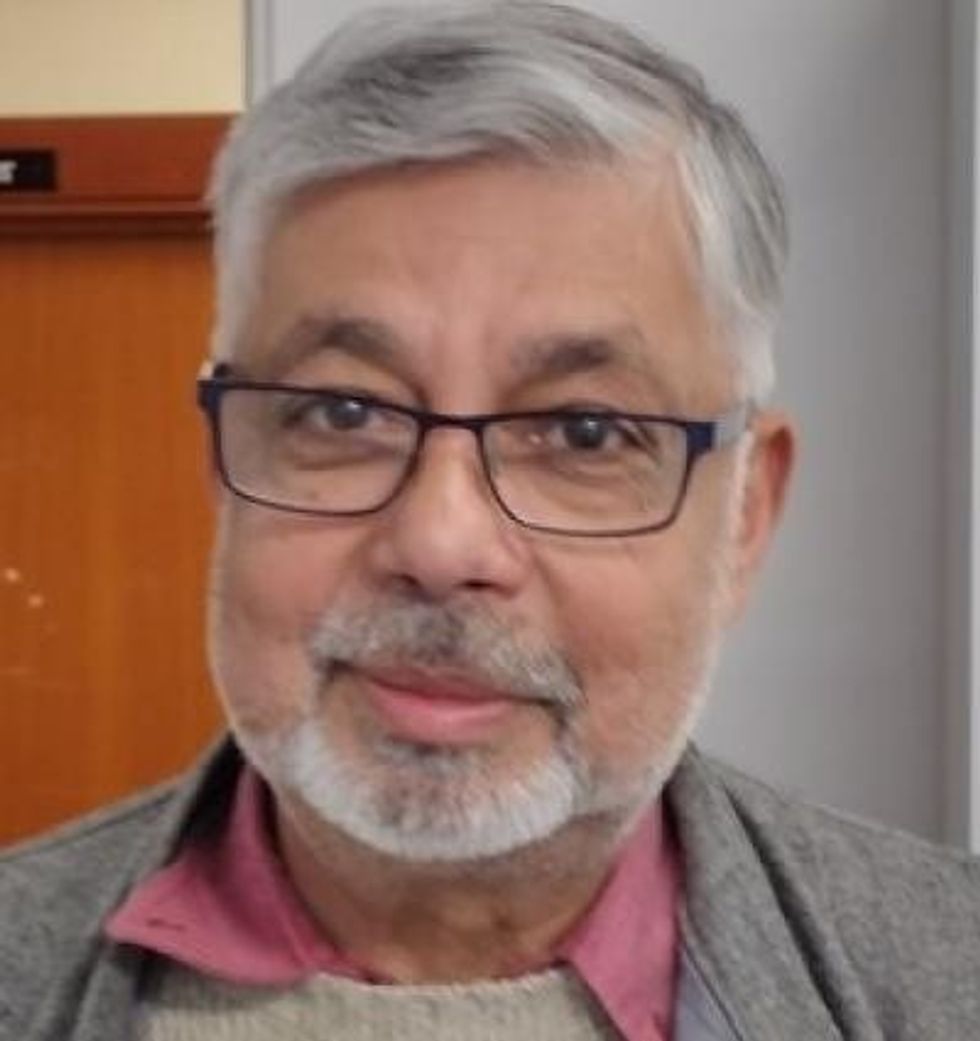
“Scotland is a deeply divided nation. Proponents and opponents of an independent Scotland are split into two polarised camps. There is not much discussion of a third way such as a federal UK.
“How will Yousaf make the push for independence, especially with those who are not SNP supporters? And SNP membership has fallen in recent months. He can win an election, but can he provide effective leadership of a divided nation? The next elections for Holyrood are in 2026 so he has time to build a winning platform. But following Sturgeon is a tough act. For Scotland’s sake one must wish him well.”
Sunak's spokesman told reporters the new SNP leader should focus on economic and policy issues "that matter" to Scottish voters.
"That's what the (UK) government will be focused on," he added.
The Asian parliamentarian agreed with Sunak and stressed it would be a mistake for Yousaf to push for independence.
“I personally feel the United Kingdom is stronger together. And Scotland would be poorer and weaker if it decoupled from the UK.
“It's better as he comes into the role of first minister to focus on the domestic agenda. There's a lot of things on the domestic agenda in Scotland, similar to the UK, around cost of living and health care, opportunities in green technology, energy security, reviving economic growth and prosperity.
“I suspect that if he tackled those first, he will be able to build up the credibility in future to make the argument for independence again, but now is not the time to do that.”






 Priyanka Chopra calls herself nascent in Hollywood as 'Heads of State' streams on Prime VideoGetty Images
Priyanka Chopra calls herself nascent in Hollywood as 'Heads of State' streams on Prime VideoGetty Images  Priyanka Chopra wants to build her English film portfolio after Bollywood successGetty Images
Priyanka Chopra wants to build her English film portfolio after Bollywood successGetty Images 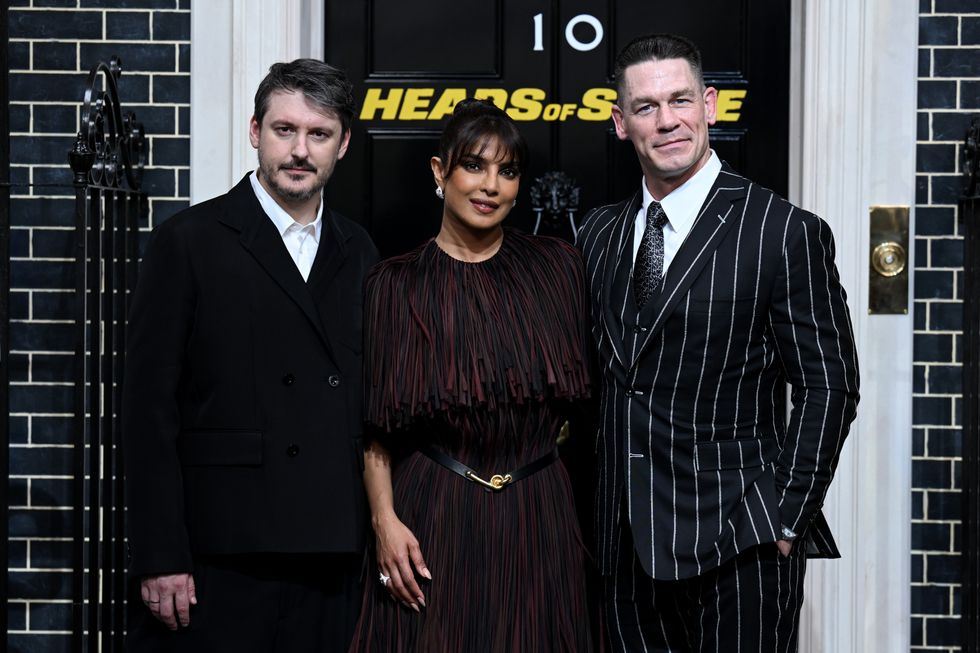 Ilya Naishuller, Priyanka Chopra and John Cena attend the special screening for "Head of State" Getty Images
Ilya Naishuller, Priyanka Chopra and John Cena attend the special screening for "Head of State" Getty Images








 Arijit Singh performing Instagram/
Arijit Singh performing Instagram/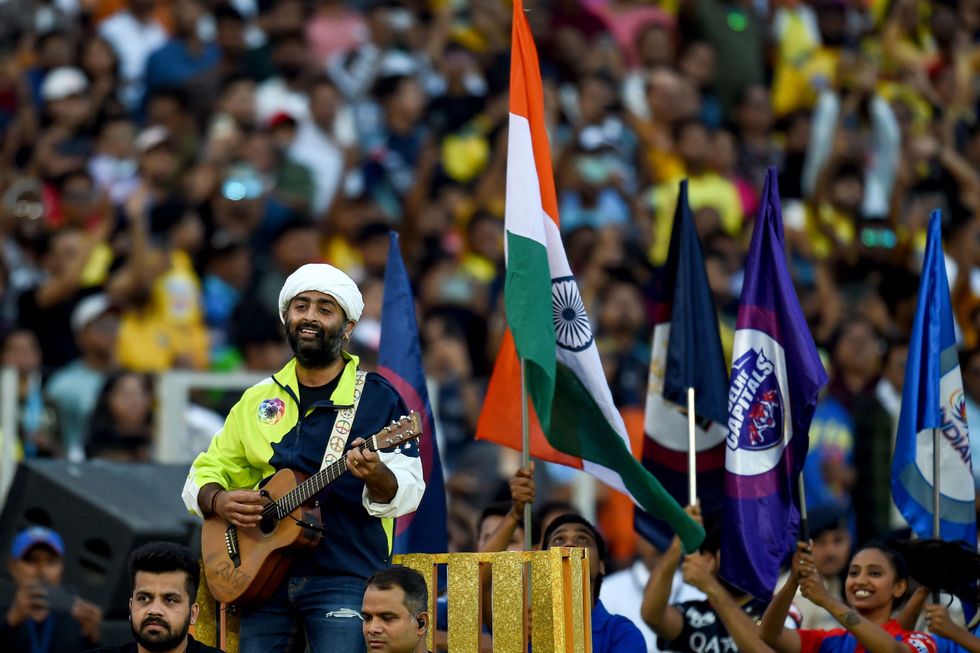 Arijit Singh clicked during a performance Getty Images
Arijit Singh clicked during a performance Getty Images 


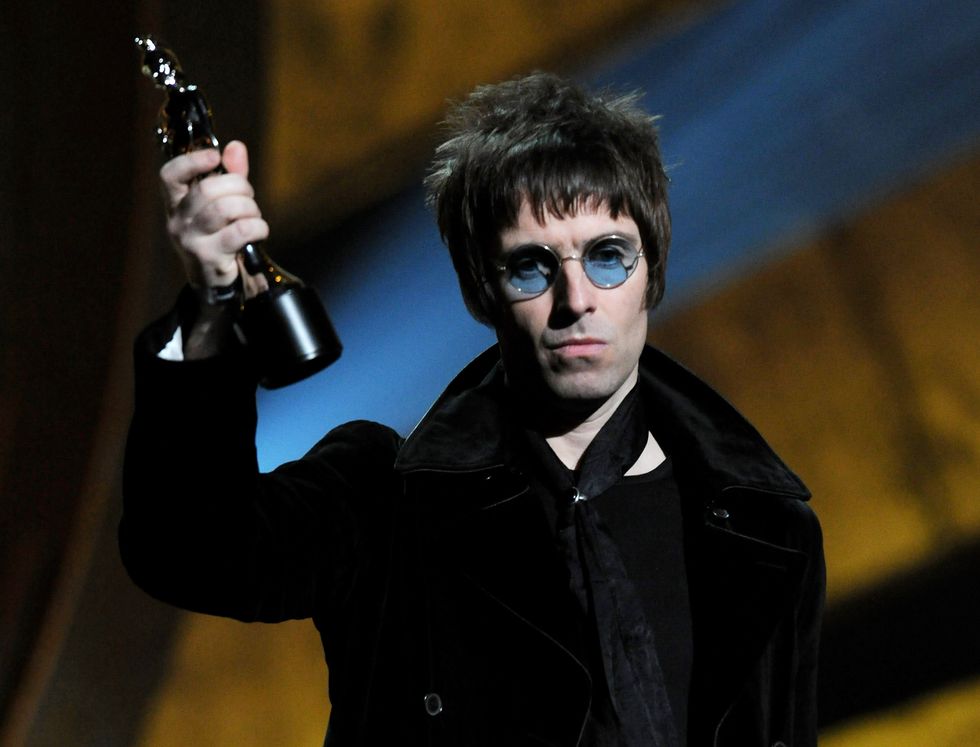 Liam Gallagher accepts Oasis' award for 'Best Album of 30 Years' Getty Images
Liam Gallagher accepts Oasis' award for 'Best Album of 30 Years' Getty Images  Liam Gallagher plays to a sell out crowd at the Universal AmphitheatreGetty Images
Liam Gallagher plays to a sell out crowd at the Universal AmphitheatreGetty Images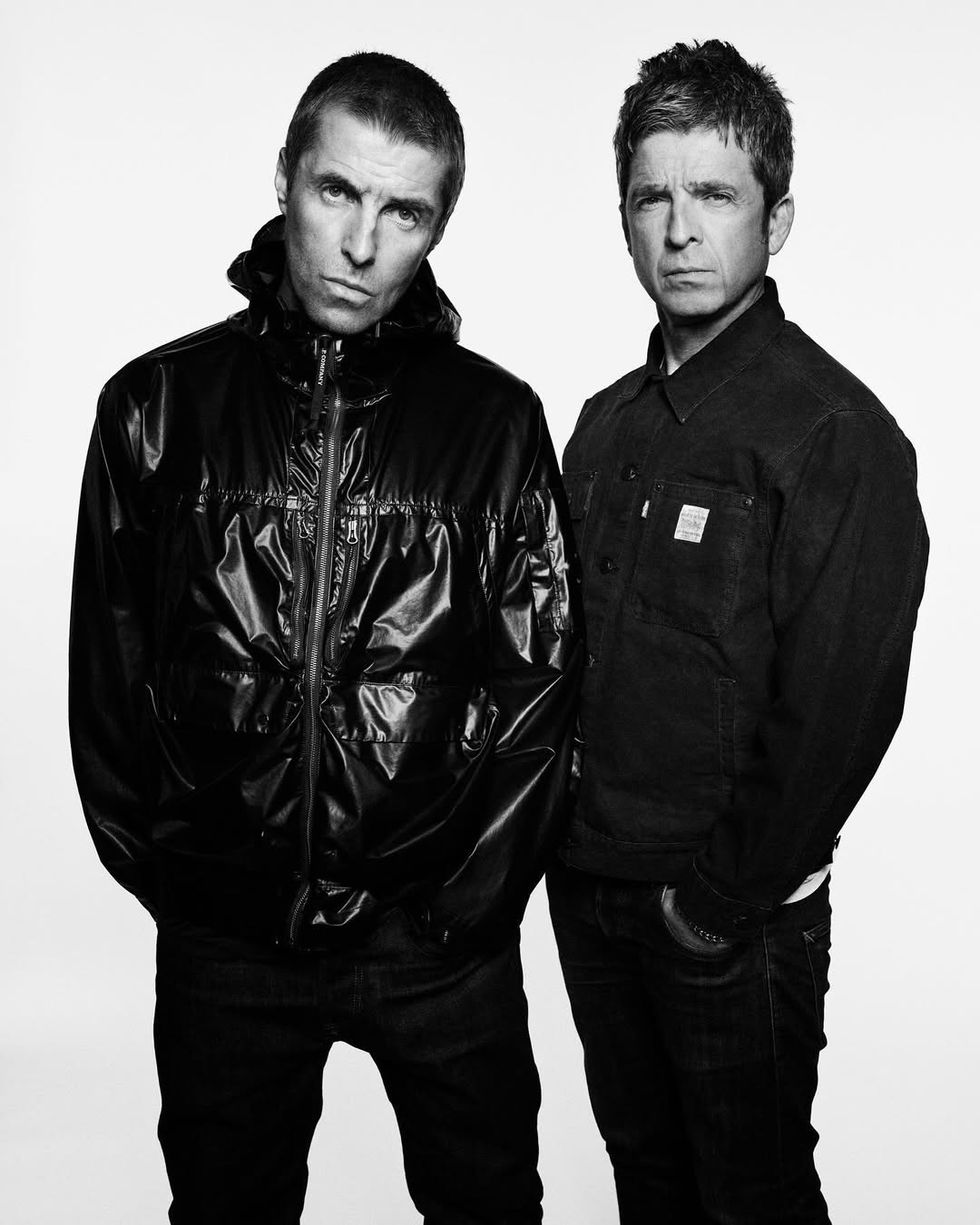 Liam and Noel Gallagher perform together in Cardiff for the first time since 2009 Instagram/oasis
Liam and Noel Gallagher perform together in Cardiff for the first time since 2009 Instagram/oasis